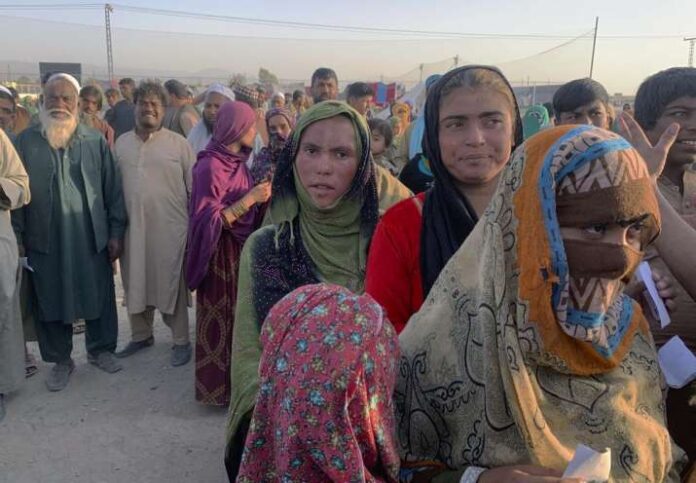| Translate This News In |
|---|
Hundreds of Hazara worshippers gathered at mosques on the outskirts of Kabul on Friday to offer Friday prayers, a first since the Taliban gained control of the country. The Hazara population, a Shiite sect, had historically been persecuted, executed, and ethnically cleansed by terrorist groups such as the Taliban and Daesh because they were Shia Muslims.
They do, however, feel a little safer now that the new Taliban government is in place, which is a little more’moderate.’ However, this sense of security is accompanied by horrific memories of the past, leaving individuals confused about the present and future.
In the past, the Hazara population has been targeted by both the Taliban and Islamic State (IS) factions. And, with the Taliban’s newly constituted interim government, the Hazaras fear being blocked out and purged once more, as the Taliban leadership is made up of hardcore militants from the Pushtun ethnicity.
“It is primarily made up of people of a single ethnicity. The Taliban government is dominated by Pushtuns. We don’t see any Hazaras participating, which is a major problem “Hassanzadah, a Hazara community resident, agreed.
The country’s Shia minority is represented by the Hazara population, whereas the Taliban leadership is made up of extreme Sunni Islamists who were previously hostile to Shiites during their previous reign in the 1990s.
The Hazaras have not forgotten one of the country’s most vicious attacks on their community, when rallies were bombed, hospitals were targeted, and community members were ambushed.
The most recent attack on the Hazara minority occurred in June of this year, when a suicide bomber linked to Daesh hit a school and killed hundreds of people.
The Hazaras are now afraid of seeing the Taliban-led security forces, who have become a common fixture on Afghan streets.
“There is no doubt that the people of Afghanistan want an inclusive government that represents all nationalities, all beliefs, and all parts of society,” said Abdul Qadir Alemi, a mosque’s Imam (prayer leader).
Another important source of anxiety for the Hazara minority is their exclusion from government offices, as many have been jobless since the Taliban took power and have no possibility of being included in the present Taliban-led government.
“Many people have worked for the government in the past. They’ve all lost their jobs now. There is a great deal of fear and concern. It’s not as though the Taliban are murdering us, but it’s better to die than to live in this state of suffocation “Suleiman, a Shiite mosque worshipper, remarked
Under Taliban administration, maintaining livelihoods has become another key difficulty for the Shiite people. They claim that, while they have not yet witnessed the Taliban do anything wrong in their neighbourhood, rising food prices, along with the unemployment of many community members, are driving them to famine.
“The Taliban has not done anything wrong, but there is no work for the people. What are our options for dealing with hunger? “Suleiman enquired


















